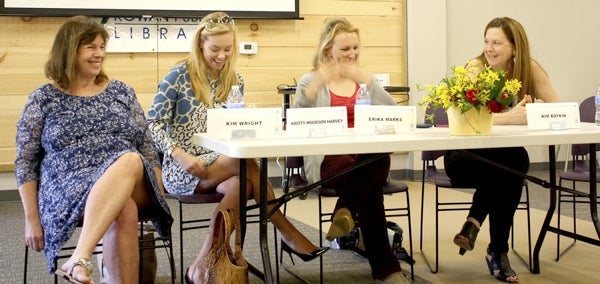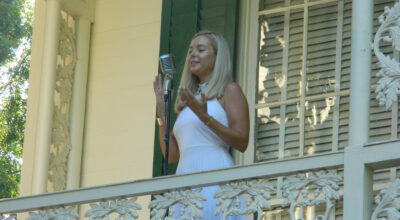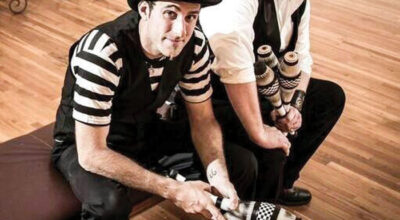‘Southern’ a label writers can live with
Published 12:00 am Sunday, April 3, 2016

- Deirdre Parker Smith/Salisbury Post From left, Kim Wright (Wiley), Kristy Woodson Harvey, Erika Marks and Kim Boykin talk about being writers of Southern women's fiction.
By Deirdre Parker Smith
deirdre.smith@salisburypost.com
The panel at the recent Rowan Reading Rendezvous was called “Rising Stars of Southern Women’s Fiction.” Is that a blessing or a curse?
The four authors loved being called stars, and they agreed there was a benefit to writing Southern women’s fiction.
The group ranged in Southernness and age from young Kristy Woodson Harvey, born and bred in Salisbury and about to release her second book, “Lies and Other Acts of Love,” to Erika Marks, who was born in Maine but has been in the south 15 years.
All are enjoying some success with their writing and were having fun on the panel.
Kim Wright, a.k.a. Kim Wright Wiley, has been a travel writer, a food writer and a guide book writer, with “Walt Disney World with Kids.”
Marks has been a carpenter, illustrator and cake decorator, whose fifth novel is expected in August. Boykin’s grandfather was a storyteller who inspired her.
What does “Southern writer” mean? All talking in unison, the group said Southerners are into family, faith and place. It’s the way you tell a story, with a strong rambling oral tradition. It has a sense of “you won’t believe what happened to me.”
Boykin said Southerners are different, “We trot our crazy people out. We embrace quirky.”
Marks likes to contrast cultures in her books. For her, the South is a place in her stories.
“I’m lucky to be a Southerner,” said Harvey. “You don’t hear about great writers of the northeast corridor.”
“We’re so lucky to be in the South,” said Wright. “There’s a sense of kinship that I don’t think other places in the country have.”
They’ve all run into the dialect/no dialect debate. Marks said the editor told her dialect is not grammatically correct, but it’s right. Harvey wanted to use a very Southern voice for her character of Jody in “Dear Carolina,” but had been told to tone it down for New York publishers, who then asked her to add it.
Boykin uses cadence and word choice to get the sound across. In one of her books, “Palmetto Moon,” a runaway bride goes to a crossroads community. Her editor from Texas had never heard of a crossroads.
Publishers, they explained, want to put you in a box. so they are in the Southern women’s fiction box, and that simply means, to, for and about women.
Wright and Boykin started writing protagonists closer to their own age, but it’s a hard sell. Wright said her characters ranged from 37-52 and that was difficult. “But those are the people who read the books.”
Boykin is using a small press for her upcoming book because her protagonist is “so old — 49.” She loves the character. “She has a daughter with a baby and an older mom with Alzheimer’s.” Not so unusual.
Her book, “A Peach of a Pair” features two elderly sisters on a crazy trip to see a faith healer, but Boykin had to add a young caregiver to please her editors. “Publishers are antiquated that way.”
Harvey, who writes of women her age, doesn’t have that problem.
“We all have our own process,” said Wright. “There’s a huge spectrum for being a writer.”
“There is no rule book,” Boykin said. “You’ve got to find what works for you and embrace it.”
Wright said writers are not like gymnasts — “you can write until you die.”
An audience member asked the panel how they textured Southern characters so as not to patronize.
“Flannery O’Connor talked about the Christ-haunted South,” Wright said. Southerners have an exalted language, do very abstract thinking. “They use Biblical language and insight; people outside the South don’t do that.”
Boykin replied, “We could all tell the same story and give it a different slant, give it flavor.”
“A character is just a person,” Harvey said. “You don’t think, ‘Are they Southern enough?’ ”
“There’s an expectation that you’ll shape your character to have nuances, you make an effort not to make it a caricature,” Marks said.
At the end, the four Southern women’s fiction writers urged their audience to talk about their books. “The number one way to sell books is word of mouth,” Boykin said.



